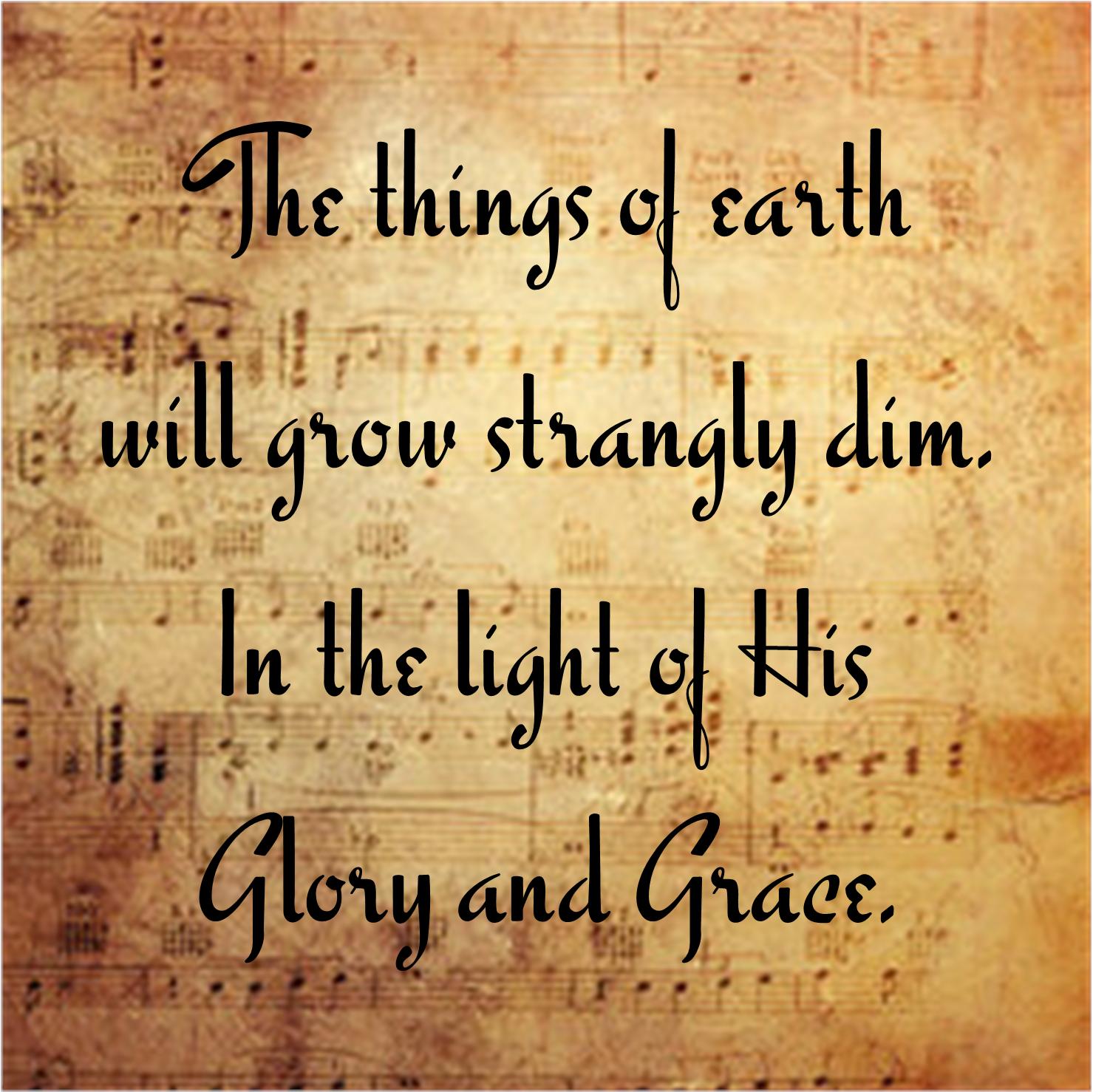Life is full of ups and downs, and in the middle of it all, we often find ourselves searching for meaning, understanding, and comfort. Sayings about grace and mercy have been passed down through generations, offering wisdom, solace, and a deeper connection to the human experience. These words hold the power to transform not only our perspective but also our actions toward others. So, let’s dive into this incredible world of grace and mercy, shall we?
Imagine a world where forgiveness and compassion are the norm, where people extend kindness even when it’s hard. That’s what these sayings aim to inspire. They remind us that grace isn’t just about receiving; it’s also about giving. And mercy? Well, it’s about seeing the humanity in others, even when they make mistakes. Stick with me as we explore how these timeless sayings can change your life.
Whether you’re searching for spiritual enlightenment or simply looking for ways to be kinder and more understanding, this article’s got you covered. We’ll cover everything from the origins of grace and mercy to practical tips on how to incorporate these values into your daily life. Let’s get started!
Read also:Emmanuel Adebayor Net Worth A Deep Dive Into The Wealth Of A Football Legend
Table of Contents
- What Is Grace and Mercy?
- Historical Context of Grace and Mercy
- Famous Sayings About Grace and Mercy
- The Spiritual Significance of Grace and Mercy
- Practical Applications of Grace and Mercy
- Modern Interpretations of Grace and Mercy
- Grace in Action: Real-Life Examples
- The Balance Between Mercy and Justice
- Tips for Living Gracefully
- Conclusion: Spreading Grace and Mercy
What Is Grace and Mercy?
Let’s break it down real quick, okay? Grace is all about unearned favor. Think of it like getting something good when you didn’t expect it or even deserve it. It’s that unexpected gift that just shows up when you least expect it. Mercy, on the other hand, is about withholding punishment or judgment. It’s like when someone could totally call you out for messing up but instead chooses to give you a break.
Now, here’s the kicker: both grace and mercy require us to let go of our egos and embrace humility. They challenge us to see the bigger picture and recognize that we’re all human, flawed and beautiful at the same time. And guess what? These ideas aren’t new—they’ve been around for centuries, showing up in religious texts, literature, and everyday conversations.
Why Do Grace and Mercy Matter?
Because life’s tough, man. We all make mistakes, and sometimes we need a little extra love and understanding to keep going. Grace and mercy remind us that we’re not alone in this journey and that there’s always hope, no matter how bad things seem. Plus, extending grace and mercy to others can create ripples of positivity that spread far beyond what we can imagine.
Historical Context of Grace and Mercy
Alright, so where did all this talk about grace and mercy come from? Well, if we rewind a few thousand years, we’ll find these concepts deeply rooted in ancient cultures and religions. From the Bible to Hindu scriptures, from Greek philosophy to Native American teachings, the idea of extending compassion and forgiveness has been a universal theme.
In Christianity, for example, grace and mercy are central to the faith. Jesus himself embodied these values, offering forgiveness and love to those who needed it most. In Islam, Allah is often referred to as "The Most Merciful," emphasizing the importance of compassion in daily life. And in Buddhism, the practice of metta, or loving-kindness, encourages us to cultivate grace and mercy toward ourselves and others.
Read also:How Big Are Kat Dennings Breasts A Comprehensive Look Beyond The Headlines
How Have These Concepts Evolved Over Time?
As societies have changed, so too have the interpretations of grace and mercy. In the modern world, these ideas have taken on new meanings, often tied to social justice and human rights. People are using grace and mercy as tools to advocate for equality, fairness, and understanding in a rapidly changing world. It’s pretty cool to see how ancient wisdom can still be so relevant today.
Famous Sayings About Grace and Mercy
Let’s talk quotes, baby! There are some seriously powerful sayings out there that capture the essence of grace and mercy. Here are a few of my favorites:
- “Mercy is not merely the means to justice but the very heart of justice.” – Desmond Tutu
- “Grace is the power to say yes when you want to say no.” – C.S. Lewis
- “Compassion and mercy are the foundation of a peaceful world.” – Dalai Lama
- “The grace of God meets us where we are but doesn’t leave us there.” – Philip Yancey
These words carry so much weight, don’t they? They remind us that grace and mercy aren’t just abstract ideas; they’re actions we can take every single day.
Lesser-Known Sayings Worth Knowing
While the famous quotes get all the attention, there are plenty of lesser-known gems worth exploring. For instance:
- “Grace is the music of God that soothes the weary soul.” – Unknown
- “Mercy is the bridge between understanding and action.” – Anonymous
- “In a world filled with judgment, let your grace be the difference.” – Unknown
These sayings might not be as well-known, but they pack just as much punch. They remind us that grace and mercy are about more than just words; they’re about living a life that reflects those values.
The Spiritual Significance of Grace and Mercy
For many people, grace and mercy are deeply connected to their spiritual beliefs. Whether you’re religious or not, there’s something undeniably powerful about the idea of divine grace and mercy. It’s like having a safety net that catches you when you fall, reminding you that you’re never beyond redemption.
In Christianity, grace is often seen as a gift from God, something that can’t be earned but is freely given. Mercy, on the other hand, is about God’s willingness to forgive and restore, even when we’ve messed up royally. Other faiths have similar concepts, emphasizing the importance of compassion and forgiveness in our relationships with others and with the divine.
How Can We Cultivate Spiritual Grace and Mercy?
It starts with intention. If you want to live a life filled with grace and mercy, you have to be deliberate about it. Spend time reflecting on your values, praying (if that’s your thing), and seeking opportunities to extend kindness to others. Surround yourself with people who inspire you to be your best self, and don’t be afraid to ask for help when you need it.
Practical Applications of Grace and Mercy
So, how do we actually put these ideas into practice? Let’s talk about some real-world examples. Imagine you’re at work, and a coworker makes a mistake that affects your project. Instead of getting angry or upset, you choose to extend grace by offering support and understanding. Or maybe you’re driving, and someone cuts you off. Instead of flipping them the bird, you show mercy by letting it go and wishing them a safe trip.
These small acts of grace and mercy might seem insignificant, but they can have a huge impact on the people around you. They create a ripple effect of kindness that can spread far beyond what you might expect.
Everyday Tips for Practicing Grace and Mercy
Here are a few ideas to get you started:
- Start each day with a positive affirmation or prayer focused on grace and mercy.
- When someone wrongs you, take a deep breath and consider their perspective before reacting.
- Look for opportunities to help others, even in small ways, like holding the door open or offering a kind word.
- Forgive yourself for your own mistakes and extend the same grace to others.
It’s all about being intentional and choosing love over anger, understanding over judgment.
Modern Interpretations of Grace and Mercy
In today’s world, grace and mercy are being redefined in exciting ways. Social media platforms, for example, have become spaces where people can share stories of kindness and compassion. Movements like #MeToo and Black Lives Matter are shining a light on the importance of mercy and justice, showing us that these values are more relevant than ever.
Modern interpretations of grace and mercy often focus on intersectionality, recognizing that different people experience these concepts in unique ways. It’s about acknowledging privilege and working to create a more equitable world for everyone.
How Can We Embrace Modern Grace and Mercy?
By staying informed and engaged. Educate yourself on social issues, listen to diverse perspectives, and use your voice to advocate for change. Remember that grace and mercy aren’t just about individual actions; they’re about building a better world for all of us.
Grace in Action: Real-Life Examples
Let’s talk about some real-life examples of grace and mercy in action. There are so many inspiring stories out there of people who have chosen to extend kindness and compassion, even in the face of adversity. Take the story of Amanda Gorman, the young poet who used her platform to spread messages of hope and healing. Or consider the countless volunteers who dedicate their time and energy to helping others in need.
These stories remind us that grace and mercy aren’t just abstract ideas; they’re actions we can take every single day to make the world a better place.
How Can We Be Agents of Grace and Mercy?
By choosing to be intentional in our actions. Look for opportunities to help others, whether it’s through volunteering, donating, or simply being kind to those around you. Remember that every small act of grace and mercy has the potential to create a ripple effect of positivity.
The Balance Between Mercy and Justice
Now, here’s where things get a little tricky. How do we balance mercy with justice? It’s a question that’s been debated for centuries, and there’s no easy answer. On one hand, mercy is about extending compassion and forgiveness. On the other hand, justice is about holding people accountable for their actions.
So, how do we find the balance? It’s about recognizing that both mercy and justice are important and finding ways to incorporate them into our lives. Maybe it’s about offering second chances while still holding people accountable for their mistakes. Or maybe it’s about advocating for systemic change while still showing compassion to individuals.
Why Is This Balance Important?
Because it’s about creating a world where everyone has the opportunity to thrive. It’s about recognizing that we’re all human and that we all make mistakes, but at the same time, we need to work toward a more just and equitable society. It’s a delicate balance, but it’s one that’s worth striving for.
Tips for Living Gracefully
So, how can we live more gracefully? Here are a few tips to get you started:
- Practice mindfulness and stay present in the moment.
- Surround yourself with positive influences and supportive people.
- Take care of your physical, emotional, and spiritual well-being.
- Be kind to yourself and others, even when it’s hard.
Living gracefully isn’t about being perfect; it’s about striving to be the best version of yourself and extending that same grace to others.
Conclusion: Spreading Grace and Mercy
As we wrap up this journey into the world of grace and mercy, I want to leave you with a final thought: these values have the power to transform not only our lives but also the lives of those around us. By choosing to extend grace and mercy, we create a ripple effect of positivity that can spread far beyond what we might expect.
So, what can you do today to spread a little more grace and mercy in the world? Whether it’s offering a kind word, forgiving someone who’s wronged you, or simply being present for someone in need, every small act matters. And who knows


